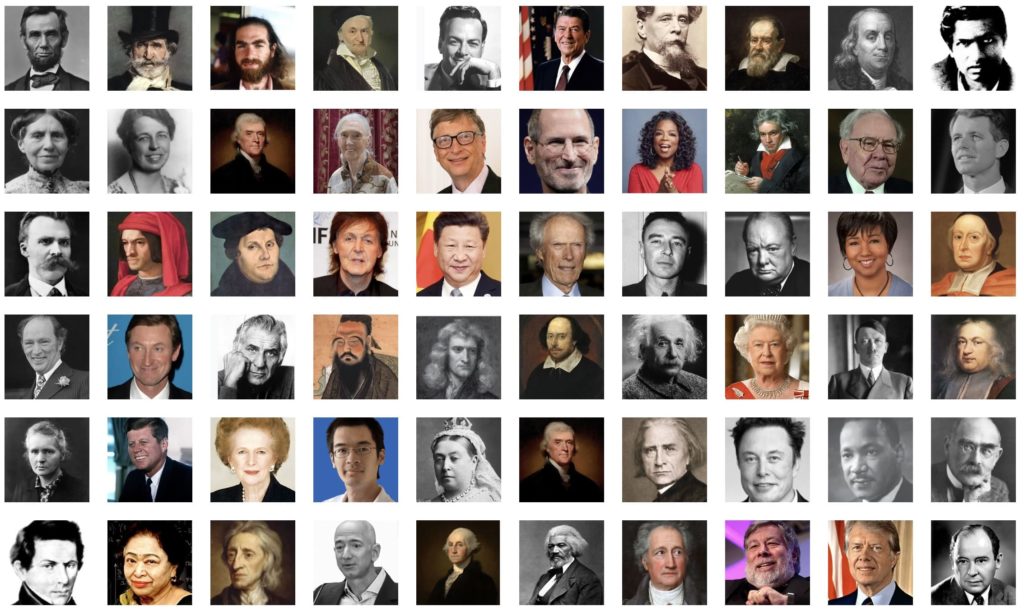
William Cowper in his long poem, The Task, (Book II, The Timepiece: line 606) published in 1785, states, “Variety’s the very spice of life; That gives it all its flavor.”
In this, Cowper recognizes the richness that comes from a variety of different styles and colors in the tapestry of life. This applies not only to the variations in cultures, but also to the remarkable differences in the human expression of intelligence.
Certainly, the high IQ STEM (science, technology, engineering and mathematics) geniuses have brought us cures for diseases, technologies like cars and computers, and labor-saving inventions that free us to perform more interesting tasks. Furthermore, when we discover a cure for cancer, it will probably come from a high IQ STEM person.
Yet, those who contribute in domains outside STEM, including the high IQ people in other disciplines, as well as people with special skills in other areas, enhance our lives in dramatic ways. We can gain insights into human nature by watching a production of Hamlet featuring talented actors, spend a reflective moment listening to a nocturne of Chopin, or cheer an athlete who displays outstanding talent.
In my search for similarities in the personal qualities of high achievers, I delved into the biographies of the greatest achievers, past and present, and created 365 mini-bios of high achievers, matching each with their birthday. As this collection of high achievers evolved, it became a celebration of not only STEM geniuses, but great philosophers, writers, music composers, artists, entrepreneurs and athletes. As I researched the backgrounds of these people, I discovered how many different ways we humans express our intelligence. While IQ tests are a good measure of certain categories of cognitive skills, there is a broad range of cognition that extends beyond any measure that we have.
It became apparent to me, during this research, that it is difficult compare the value of any particular category of contribution, because such comparisons are subjective. Many people see little or no value in classical music or Shakespeare’s plays and others would see abstract mathematics as an irrelevant subject.
Most of my life has been spent among high IQ STEM people, with whom I have stimulating conversations, but much of my personal world is enhanced by people who have little interest in STEM. Indeed, our world would be less vibrant if it were to contain only STEM people, because it is the variety of human perspectives that make life interesting and enjoyable. When I attempt to imagine what a world, composed entirely of high IQ STEM people might look like, I am reminded of the interaction between two gifted Soviet mathematicians, Krein and FoiaŞ, humorously described by Paul Halmos, (in his book I Want to Become a Mathematician, p. 314) during his 1965-visit to the U.S.S.R.:
Most of our three hours together was a decibel contest between Krein and Foias. They were good-natured some of the time and not the rest, and they were trying to out-point each other all the time. Krein would begin to explain something at the backboard, and, in mid-formula, FoiaŞ would say “I have a question,” and proceed to explain something of his own. Krein said, “I did that in 1940,” and FoiaŞ countered, “ah but not this general–let me show you the proper method…” It was back and forth: I did it first, no, I did it better, no my student did it more general.
Many of those who circulate daily among the population at large would understand that there are more effective ways to obtain recognition, but in the circle of the gifted, the accepted protocol for modesty and the prohibition of self-promotion are sometimes less important than establishing superiority. We can thank the random processes of evolution for scrambling our genes and generating the wide variety of different people who enrich our lives. Who would want to live in a world without comedians?
